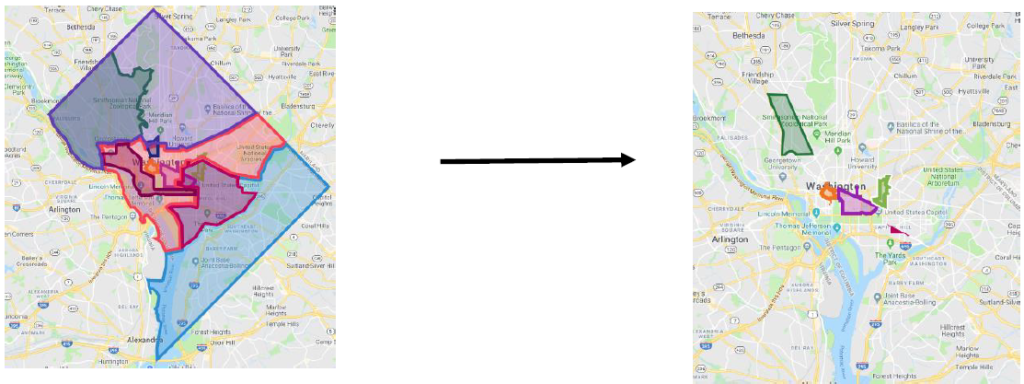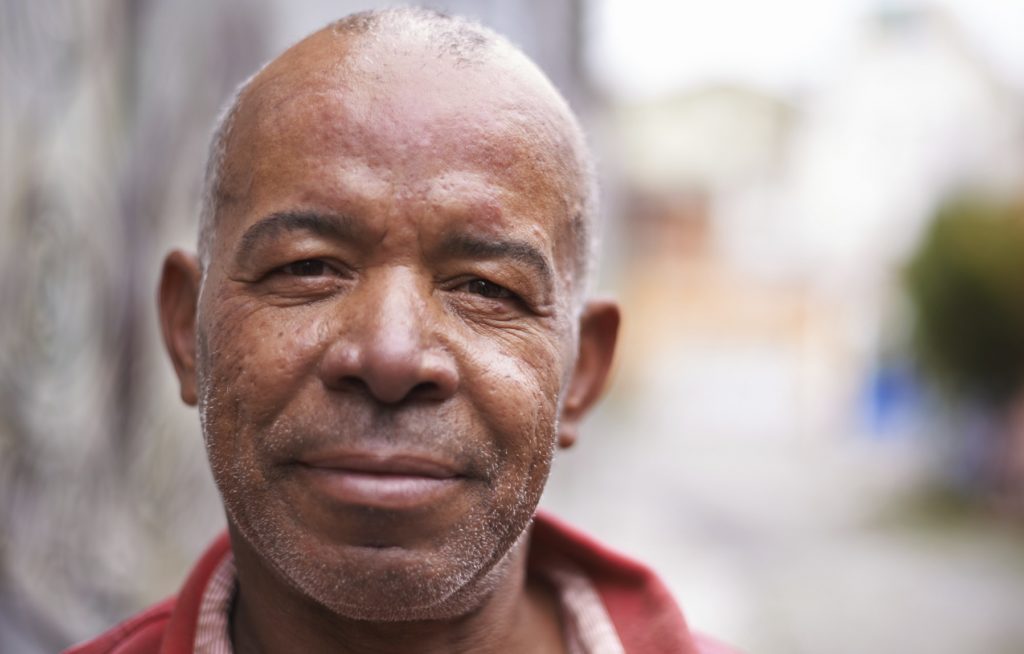The recently-released results of this past January’s Point in Time (PIT) count show that the number of individuals experiencing chronic homelessness has decreased by 13.3 percent since 2018, bringing the number of people experiencing chronic homelessness to 1,375 residents, the smallest number found in the past 15 years. This demonstrates that the investments the District has been making to house our most vulnerable residents are effective. The DC Council should make additional investments in housing and homeless services in the fiscal year (FY) 2020 budget to build on this success.
Residents who are chronically homeless have been homeless for years and suffer from life-threatening health conditions and/or severe mental illness. People who don’t know where they’re going to spend the night struggle to receive needed services like medical treatment or counseling. And they are often forced to stay in places that are unsafe or make their illnesses worse. As a result, residents often die from diseases that could be managed or prevented if they had homes. Ending chronic homelessness saves lives.
The proposed FY 2020 budget makes some investments but falls short of putting DC on a path to end chronic homelessness in the Mayor’s second term. Reaching this goal would require Permanent Supportive Housing and Targeted Affordable Housing for 1,140 individuals this year. With the enhancements made during Council committee markups, the budget now includes funding for 415 individuals, just 36 percent of what’s needed.
To end chronic homelessness in the next four years, DC Council must invest an additional $19.3 million in housing and $1.8 million in street outreach in the FY 2020 budget:
- Permanent Supportive Housing (PSH): By providing affordable housing coupled with intensive case management services, PSH helps people stay in housing and improve their health, and it saves a substantial amount of money as a result. After markups, the budget includes funding to provide PSH to 385 individuals. This is less than one-quarter of the estimated 1,644 needed slots, and it is less than 40 percent of the 986 target set by The Way Home campaign. The campaign is seeking to rapid progress in expanding PSH because the individuals it serves are the most likely to die while homeless. The Council should add $16.72 million to provide Permanent Supportive Housing to an additional 661 individuals.
- Targeted Affordable Housing (TAH): TAH serves individuals who no longer need PSH services but still need affordable housing, which can open up expensive PSH slots for other individuals experiencing homelessness. TAH also serves individuals in Rapid Re-Housing (RRH) who still need help affording housing when the short-term RRH aid ends. After markups, the proposed budget includes TAH for 30 individuals. The Council should add $2.6 million to provide Targeted Affordable Housing to an additional 124 individuals.
- Street Outreach: Outreach connects individuals experiencing chronic homelessness who are sleeping on the street to housing and other supportive services while also increasing health, safety, and quality of life. Over the past three years, DC has used federal funding to pay for street outreach that has ended homelessness for over 325 individuals. This funding expires at the end of April. Without additional local funding, outreach capacity will decrease by 25 staff people, leaving only 15 staff and significantly diminishing the supports available to over 600 individuals who are unsheltered. It will also reduce the number of neighborhoods with outreach services (Figure 1). Without the assistance provided by professionally trained outreach workers, our businesses and houses of worship will struggle to meet the needs of our homeless neighbors. The Council should add an additional $1.8 million in local funds to fill this critical gap in services.
You can support these efforts by signing this petition.


